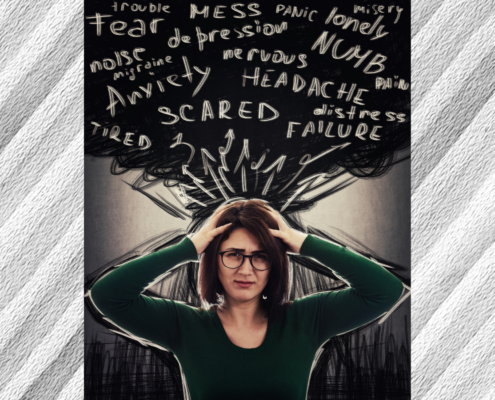Smiling Depression: An In-Depth Look
What is smiling depression?
While smiling depression is not a diagnostic term, it describes an individual who suffers from depression on the inside but does not display the typical symptoms associated with depression on the outside. It is also known as high-functioning depression.
People with smiling depression present as well-adjusted, high-functioning individuals. They may have a full-time job, participate in many activities outside the home, and have an active social life. But their cheerful appearance may be a defense mechanism masking what they are feeling inside. Behind that active persona can be an individual silently suffering from depressive symptoms.
How is it different from “regular” depression?
Smiling depression is different because the person may not present with external symptoms of depression. It is more difficult to diagnose than classic depression because a lot of people who have smiling depression might not be aware that they are depressed.
People with smiling depression often have more energy than those with classic depression, and this can raise the threat level for suicide.
What are the signs of smiling depression?
Psychology Today explains that a hallmark symptom of smiling depression is a deep feeling of sadness. This feeling of sadness can also present as a feeling that “something is not quite right,” –there is something wrong, but the person can’t quite identify what it is. Other common symptoms include anxiety, fatigue, anger and irritability, and feelings of hopelessness and despair. They may also have difficulty sleeping, loss of interest in favourite activities, and loss of libido. They may have poor self-image and experience feelings of emptiness or emotional numbness. They may also be self-critical and set high expectations for themselves. While these symptoms are also found in “regular” depression, it is important to remember that a person with smiling depression experiences these symptoms, but their feelings are hidden behind a mask.
Who is at risk?
According to Healthline, people who have experienced major life changes or have heavy expectations thrust upon them are at a higher risk for smiling depression. Because family caregivers can experience major life changes and feel high levels of stress and pressure, they may be at risk for smiling depression. They may hide how they really feel while providing care or putting another person’s needs before their own. Some caregivers might feel they cannot afford to be vulnerable and express their feelings because they have too much to do.
What are the best treatments?
Usually, the same treatments that are used for major depressive disorder are recommended for those suffering from smiling depression. Treatments include medication, psychotherapy, and certain lifestyle changes. If you think you may be struggling with smiling depression, it is important to reach out for help, and if you know someone who may be struggling, encourage them to seek help. ?
– Gabrielle Lesage
Visit amiquebec.org/depression for help.
Click here for references
As seen in the Spring 2022 newsletter



